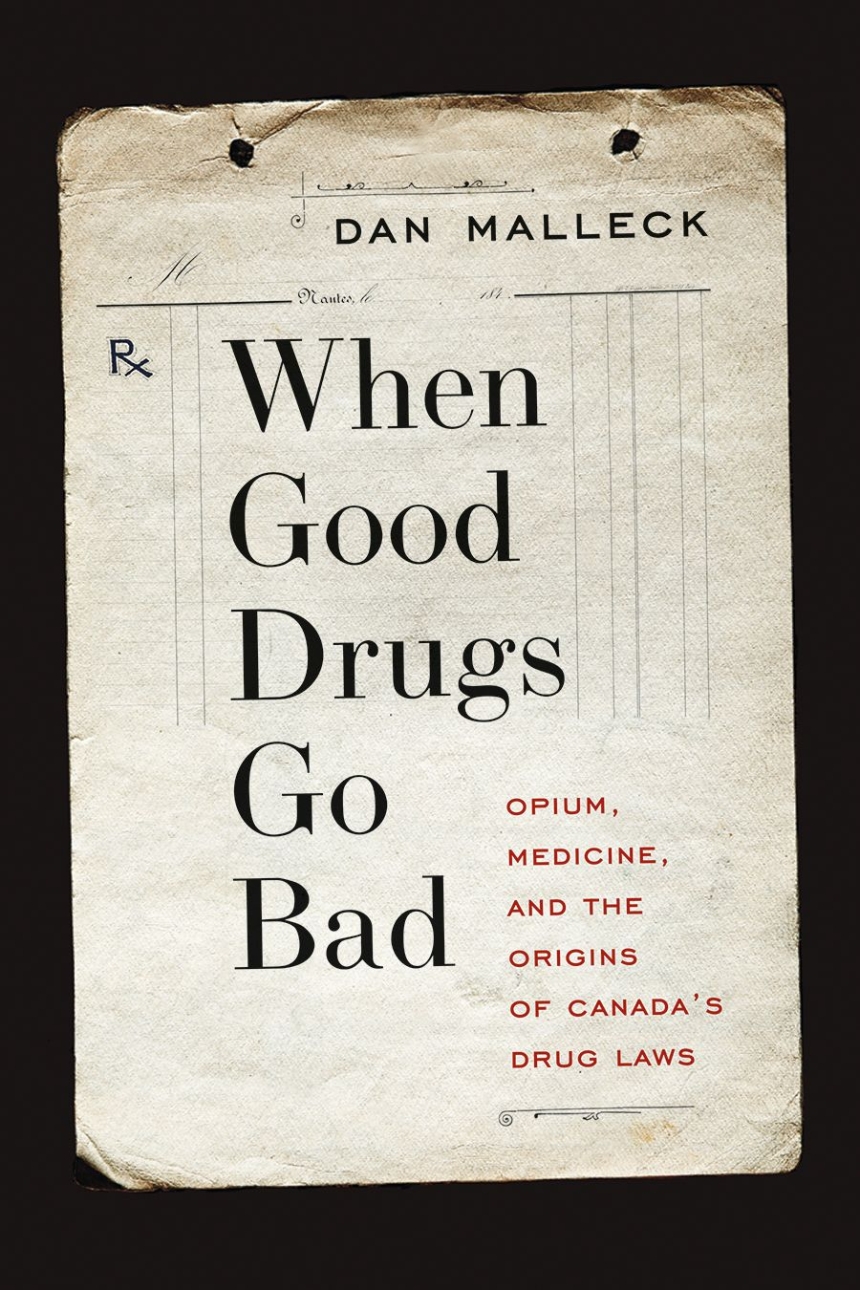University of British Columbia Press
When Good Drugs Go Bad
Opium, Medicine, and the Origins of Canada’s Drug Laws
9780774829199
Distributed for University of British Columbia Press
When Good Drugs Go Bad
Opium, Medicine, and the Origins of Canada’s Drug Laws
In the 1800s, opium and cocaine could be easily obtained to treat a range of ailments. Drug dependency, when it occurred, was considered a matter of personal vice. Near the end of the century, attitudes shifted and access to drugs became more restricted. Dan Malleck reveals how different forces converged in the early 1900s to influence lawmakers and set the course for the drug laws that exist today. As this book shows, social concerns about drug addiction had less to do with the long pipe and shadowy den than with lobbying by medical professionals, concern about the morality and future of the nation, and a burgeoning pharmaceutical industry.
Table of Contents
Introduction: Its Baneful Influences
1 Medicating Canada before Regulation
2 Opium in Nineteenth-Century Medical Knowledge
3 Canada’s First Drug Laws
4 Chinese Opium Smoking and Threats to the Nation
5 Medicine, Addiction, and Ideas of Nation
6 Madness and Addiction in the Asylums of English Canada
7 Proprietary Medicines and the Nation’s Health
8 Regulating Proprietary Medicine
9 Drug Laws and the Creation of Illegality
Conclusion: Baneful Influences
Notes; Bibliography; Index

